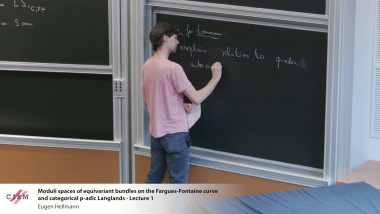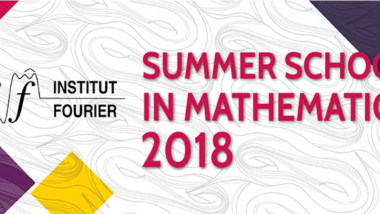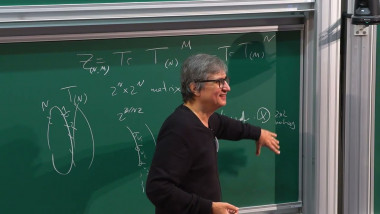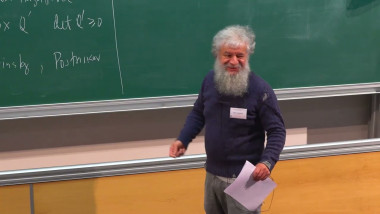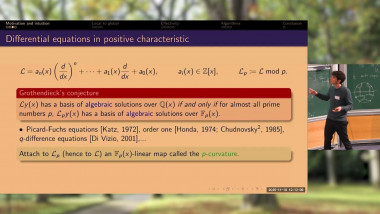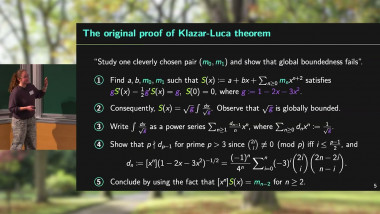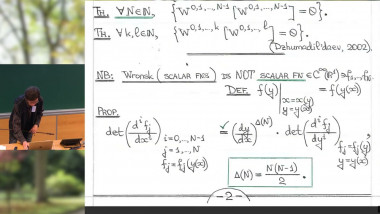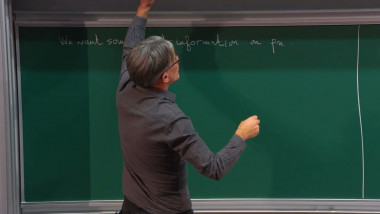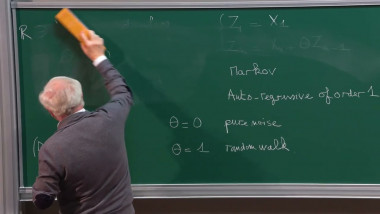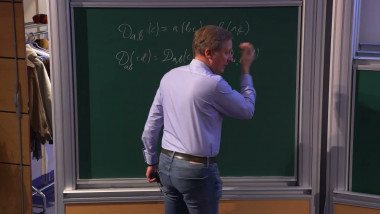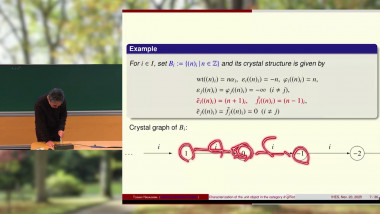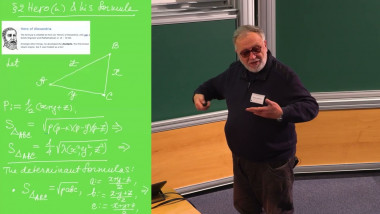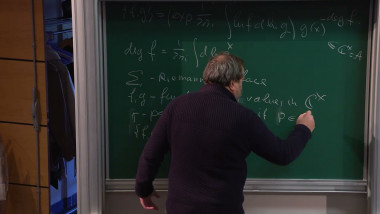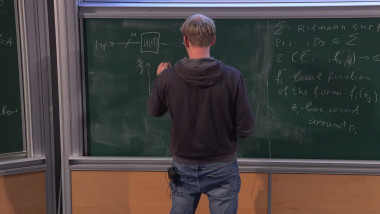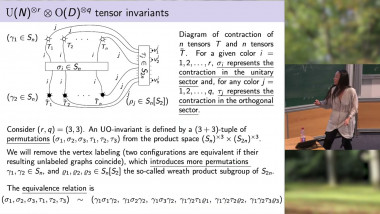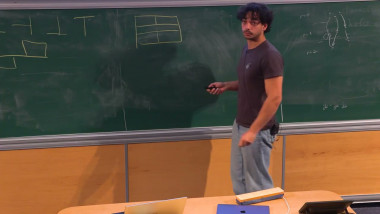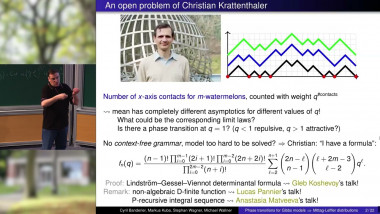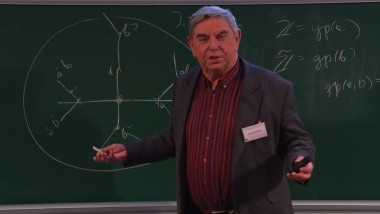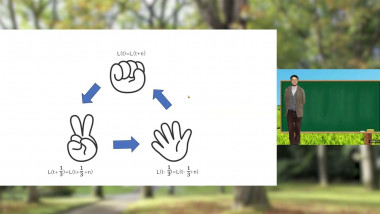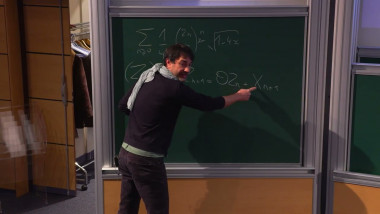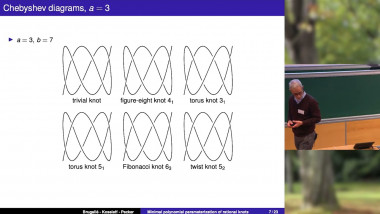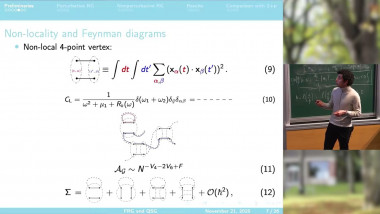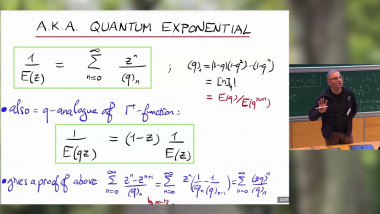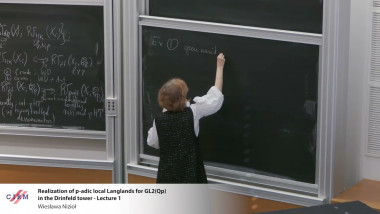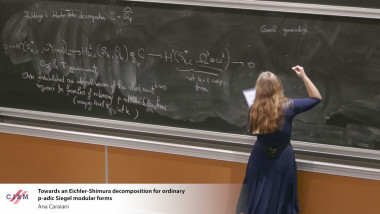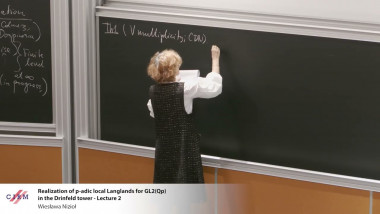Remarks on Certain Parametrized Algebraic Equations
By Karol Penson
We consider several instances of pairs of integer sequences $(c(p,n), a(p,n))$, for integer $n\ge0$, and rational parameters $p>0$, that are interrelated through: $$\exp(\sum_{n=1}^{\infty}\,c(p,n).\frac{t^n}{n})=\sum_{n=0}^{\infty}\,a(p,n).t^n.$$ Exact statements (Kontsevich, Reutenauer...) indicate that the algebraicity of the ordinary generating function (gf) of $a(p,n)$'s implies the algebraicity of the gf of $c(p,n)$'s. We employ an experimental-type approach by guessing such algebraic gf's of $c(p,n)$'s that furnish algebraic gf's of $a(p,n)$'s. We use the $c(p,n)$'s in form containing various binomial coefficients parametrized by $p$, and this results in their gf's that are generalized hypergeometric functions. In certain situations we can recover the algebraicity of gf's of $a(p,n)$ even without the knowledge of an actual functional form of $a(p,n)$. In cases that the $a(p,n)$'s can be fully identified from given $c(p,n)$'s, we derive novel logarithmic identities between various generalized hypergeometric functions. If, in addition, we conceive $c(p,n)$ and $a(p,n)$ as moments, we solve their corresponding Hausdorff moment problems with the method of Meijer $G$-functions. The behaviour of solutions (weight functions) is studied both analytically and graphically. *) In collaboration with: G. H. E. Duchamp, M. Kontsevich and G. Koshevoy.
